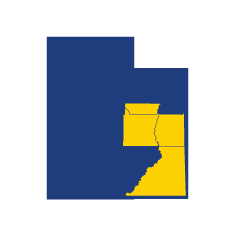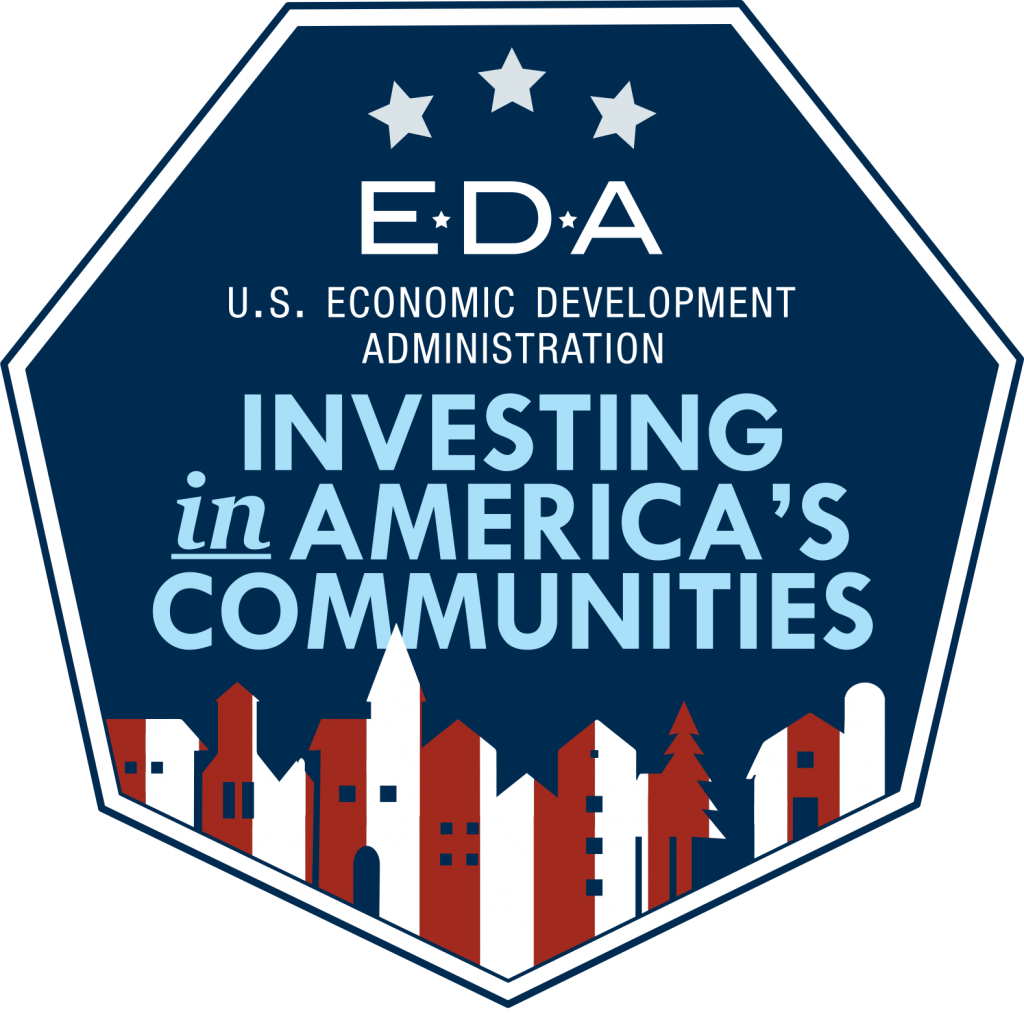Southeastern Utah Association of Local Governments press release
Date of release: 02-14-19
Contact person: Richard Shaw, contract public relations specialist
Phone: 435 636 5343
 Tristan Garvin works with Renee Raso on her taxes utilizing the VITA program.
Tristan Garvin works with Renee Raso on her taxes utilizing the VITA program.
VITA is there to help with taxes
Taxes are a fact of life, and for most people doing them is well…taxing. So the Southeastern Utah Association of Local Governments (SEUALG) has a program, that under certain conditions, provides free tax preparation services to residents.
The program is called VITA which stands for Volunteer Income Tax Assistance
One of the parameters to get this service is what kind of return is being prepared. There is a scope of work in which the taxes for people can be done. Usually most of the taxes done by the agency are fairly uncomplicated.
“To see if you qualify bring your taxes into one of our sites and one of our volunteers will check if it fits within our scope of work,” said Tristan Garvin, the manager of the program for the Southeastern Utah Association of Local Governments (SEUALG). “Some of those that don’t qualify are those with Schedule F (farm taxes), taxes with rental properties included in them, certain business expenses, non taxable combat pay (among other among other types of military filings), foreign tax, as well some others. The income level that qualifies a taxpayer for this service is one who earned under $55,000 last year.”
Another factor is the amount of money a filer makes. The program has been set up to help low to moderate income taxpayers.
“The program is active in all the counties that SEUALG serves (San Juan, Grand, Emery and Carbon)” he explained. “There are sites in each county where people can take their taxes to be done. Tax documents will be prepared by trained volunteers that have professional supervision over them. Sometimes people become concerned about just anyone seeing their tax returns. In terms of privacy, all the volunteers and people associated with handling tax documents and information sign a confidentially agreement to not divulge information they may see when performing tax preparation. In addition, all those involved in tax preparation must be finger printed and have a background check before they can work on any persons taxes.”
Besides going to the physical sites themselves, individuals can also use websites affiliated with the program to do their own taxes.
“We encourage those that do not fall into the scope of work for VITA to go to Myfreetaxes.com (which is supported by the United Way) where the qualifying amount an individual makes is higher at $66,000 a year,” he said.
People also ask questions about what happens if something are errors with the tax preparation that is being performed by the volunteers.</divp
“VITA is a program is operated by the IRS,” he stated. “We report directly to an IRS employee, and the IRS takes full responsibility if anything goes wrong because of the tax preparation that is performed.”
The various physical sites have different kinds of staffing and hours. In San Juan there are six volunteers, in Moab and Emery County there are three and in Carbon County there are 15, 10 of which are students at USU Eastern under the direction of Henning Olsen, a Business Professor at the school. The other five volunteers come from a professional accounting firm located in town. To become a preparer, volunteers get 10 hours of instruction and must take a test to qualify to prepare taxes.
Last year sites in the region did 636 returns through all channels. The average income for the people that had their taxes done this way was $20,770. The total tax refunds that came back to the region amounted to $638,535 or an average refund of $1434.
Preparation services will began February 7th and will continue until April 15th.
Services this year will be available at the following locations, dates and times. Note that some sites work by appointment only, and that some hours of operation may be subject to change.
Emery County Food Bank: There are five sites and they are in Castle Dale (95 East Main in the old courthouse upstairs in the box office), Cleveland (City Hall, 130 West Main Street), Ferron (City Hall, 130 West Main Street), Green River (Epicenter, 180 South Broadway), and Huntington (Town Hall, 20 North Main Street). For an appointment call Sarah at 435-609-0549 for an appointment.
USU- Grand County Extension:
125 West 200 South
Moab, UT 84532
By appointment only. Call Mike at 435-259-7558.
USU-Eastern Site:
Reeves Building Room 130
500 East 400 North
Price, UT 84501
Open on Mondays and Wednesdays from 11 am – 1 pm
Call Henning Olsen at 435-613-5219 for an appointment
Walk-ins are welcome
Carbon County Senior Center:
450 South Fairgrounds Road
Price, UT 84501
Wednesdays
Call Senior Center at 435-636-3202 for an appointment.
Mexican Water Chapter:
Highway 191 Milepost 2
Bluff, UT 84512
Call Chapter House at (435)650-0118 for an appointment.








 Tristan Garvin works with Renee Raso on her taxes utilizing the VITA program.
Tristan Garvin works with Renee Raso on her taxes utilizing the VITA program.